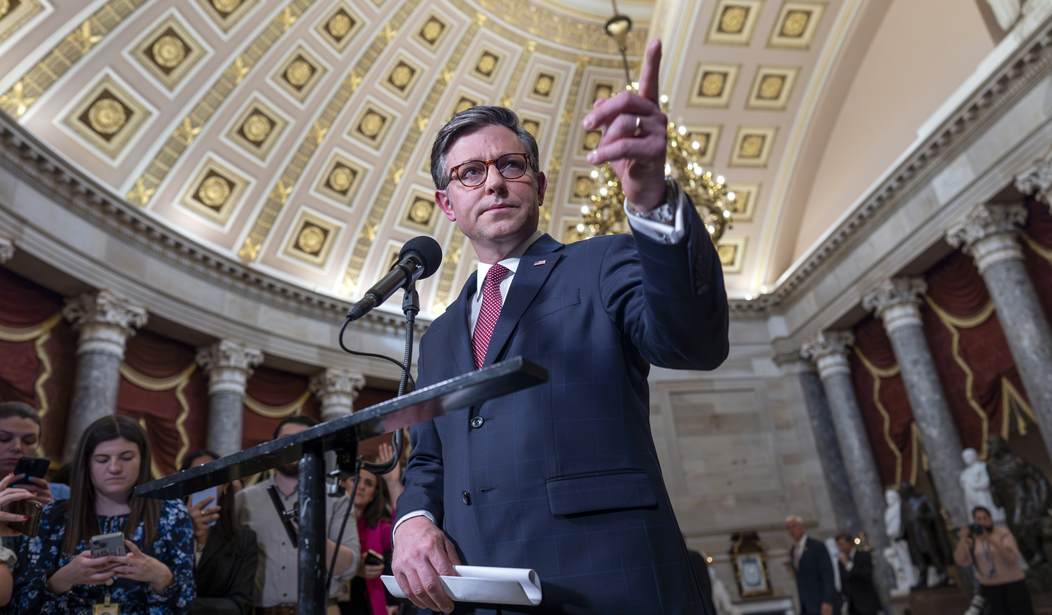Leaders in Congress announced Sunday that they’d come to an agreement on funding that will avoid a partial government shutdown that was looming on Oct. 1. Additional funds were added to the budget for the Secret Service, which in the wake of two assassination attempts against Donald Trump, has been pleading for more resources. However, the deal only covers the next three months, and further negotiations will be required in the future—after the presidential election.
The House is likely to vote on the bill as early as Wednesday.
There’s been a lot of back and forth as Republicans have faced some internal struggles over their priorities.
Temporary spending bills generally fund agencies at current levels, but an additional $231 million was included to bolster the Secret Service, and additional money was added to replenish a disaster relief fund and aid with the presidential transition, among other things.
Lawmakers have struggled to get to this point as the current budget year winds to a close at month’s end. At the urging of the most conservative members of his conference, House Speaker Mike Johnson, R-La., had linked temporary funding with a mandate that would have compelled states to require proof of citizenship when people register to vote.
Senate Majority Leader Chuck Schumer (D-NY) announced the deal in a press release:
"Over the past 4 days, bipartisan, bicameral negotiations have been underway to reach an agreement that maintains current funding through December 20 and avoids a government shutdown a month before the election," Schumer's statement read.
"While I am pleased bipartisan negotiations quickly led to a government funding agreement free of cuts and poison pills, this same agreement could have been done two weeks ago."
There are sure to be many Republicans who are unhappy with the bill, especially since it reportedly does not include an important voting requirement:
The three-month time frame is shorter than Johnson’s opening offer of a six-month stopgap, and the bill notably excludes a Trump-backed measure requiring proof of citizenship to vote.
Republican leaders are aiming to bring the bill up under a regular rule process, with a floor vote on the legislation by Wednesday, according to GOP aides. It would then head to the Senate ahead of the Sept. 30 shutdown deadline.
As of this writing, House Speaker Mike Johnson (R-LA) is taking heavy criticism from angry conservatives on social media. He said he understood their frustrations but that a devastating shutdown had to be avoided.
Johnson warned Republicans against a shutdown in a “Dear Colleague” letter on Sunday.
“While this is not the solution any of us prefer, it is the most prudent path forward under the present circumstances. As history has taught and current polling affirms, shutting the government down less than 40 days from a fateful election would be an act of political malpractice,” Johnson said, citing a McLaughlin & Associates survey that found two-thirds of likely voters oppose a government shutdown.
It looks like a shutdown is avoided for now, but they’ll be back at the negotiating table in a few months. The cast of characters could be very different, however, with a different president guaranteed one way or the other and the fate of the House and Senate currently in the hands of the voters. If the GOP can prevail, hopefully in the future they can fight for—and get—what they want in these budgets.

